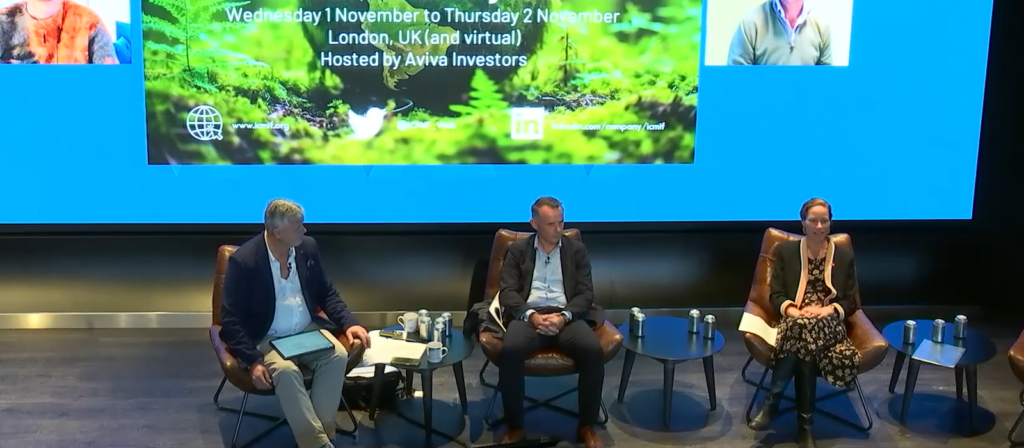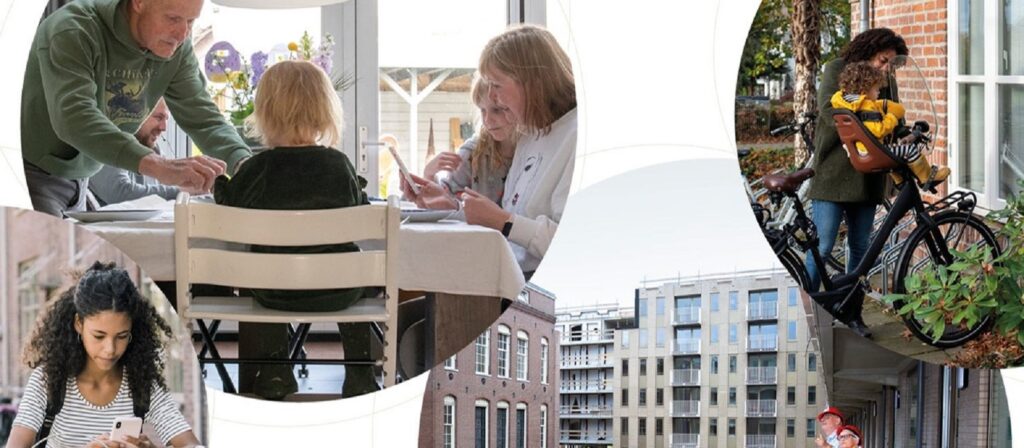Swiss Re is integrating sustainable practices into insurance underwriting with an innovative approach that underscores the evolving role of the insurance sector in promoting environmental and societal resilience.
Swiss Re’s commitment to sustainability is embedded in its vision to make the world more resilient. The company has identified two primary goals: advancing the net-zero transition and building societal resilience. These objectives are closely aligned with specific United Nations Sustainable Development Goals (SDGs), particularly those related to health, economic growth, and climate action.
A significant focus for Swiss Re is transforming its underwriting portfolio to support the net-zero transition. This involves a comprehensive approach, encompassing both risk management and opportunity exploration. Swiss Re employs an evolving environmental, social, and governance (ESG) risk framework to guide its underwriting decisions, ensuring a dynamic and responsive strategy to environmental challenges.
Swiss Re’s commitment to societal resilience is evident in its underwriting practices. The company actively seeks to contribute to societal well-being, going beyond risk avoidance. This is reflected in its underwriting across various sectors, with a keen focus on thermal coal and oil and gas policies, reflecting the company’s commitment to environmental stewardship and societal impact.
The path towards sustainable underwriting is marked by challenges, particularly in data availability and treaty underwriting. Swiss Re, however, has shown innovation and adaptability. Examples of its work include supporting renewable energy projects in South Korea, offering credit protection for renewable energy investments in Germany, and providing parametric earthquake cover in Asia. These initiatives highlight Swiss Re’s dedication to sustainable solutions.
Swiss Re also emphasises inclusivity in its insurance solutions. The company has developed microinsurance products specifically for women in Africa and has tailored insurance for people living with HIV. These efforts demonstrate Swiss Re’s commitment to reaching underserved communities and using insurance as a tool for social empowerment and resilience.
Unipol (Italy) is set to adopt the ICMIF-calibrated SDG Insurance Calculator in its next strategic plan. The calculator is pivotal for evaluating how the company’s activities align with the SDGs. Unipol is navigating the adoption and integration of the Calculator into its various activities, including responsible procurement and overall business strategy.
As a leading player in Italy’s non-life insurance market, Unipol’s main shareholders are entities within the Italian cooperative movement. The company’s commitment to sustainable development is not just a business strategy but also a reflection of its core cooperative values, focusing on areas like risk prevention and inclusive insurance.
Unipol recognises the importance of identifying focus areas for developing initiatives and strategies. The SDG Calculator helps in setting priorities and aligning them with other business opportunities. It also supports the evaluation of how the company’s initiatives and portfolio are aligned with global sustainability agendas.
Reflecting on past experiences, Unipol recognises the evolution in understanding the economic value of non-financial impacts. Previous methodologies were incomplete, and adopting the SDG Calculator represents an opportunity for Unipol to refine its approach.
Despite the rising importance of sustainability, Unipol acknowledges that emerging crises can shift focus away from SDGs. However, the company views this as an opportunity to align sustainability with overall business performance, enhancing communication and understanding between different departments.
Looking ahead, Unipol aims to use the ESG tool for strategic decision-making based on solid data. The company plans to set a baseline for tracking progress, emphasising the importance of involving technical departments and integrating sustainability data into business performance metrics.
Achmea (Netherlands), a leading insurance and asset management company, has integrated sustainable practices into its core business, emphasising the importance of embracing change not just for the current generation, but for the future ones as well.
Achmea’s diverse portfolio spans various sectors, including retail, SME, property and casualty, life insurance, banking, asset management, and real estate management. This diversity not only exemplifies the company’s robustness but also underlines its potential impact across different domains.
At the heart of Achmea’s strategy lies its purpose – “Sustainable Living Together”. The aim is to embed sustainability deeply into its ethos, not just as a superficial layer. This vision is well-understood by its 14,000 employees across the Netherlands and five other countries.
Achmea focuses on four key domains:
- Smart Mobility
- Healthcare Accessibility
- Carefree Living and Working
- Securing Income for the Future
These domains align closely with specific Sustainable Development Goals (SDGs) like good health and well-being, sustainable cities and communities, and climate action. The company’s approach to these domains is not just about industry leadership but also about addressing societal challenges and contributing to a sustainable future.
Achmea’s sustainability journey is marked by practical initiatives:
- Digitalisation in Healthcare: Improving access and regional care.
- Sustainable Cities and Communities: Focusing on safety and prevention, particularly in mobility.
- Greening Homes: Offering services like solar panels and heat pumps to customers and employees.
- Housing Market Solutions: Innovative housing solutions for the elderly, freeing up space for younger generations.
- Climate Action: Publishing a climate transition plan addressing operations, investments, and insurance portfolios.
One of the significant challenges Achmea faces is the ambitious target of greening 100% of homeowners’ properties. Its agriculture business portfolio is a sensitive yet crucial sector in terms of sustainable transformation.
Session speakers:
- Doris Popplein, Sustainability Markets Lead, Swiss Re (Switzerland)
- Andrea Salemme, Sustainability and Corporate Social Responsibility Specialist – UnipolSai (Italy) – online
- Babs Dijkshoorn, Director CSR & Sustainability, Achmea (Netherlands)








